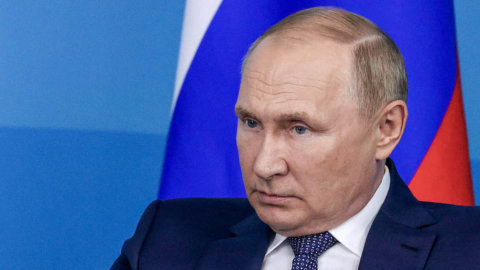It was the eighties, those of Back to the Future and the amazing cars that travel through time with plutonium shots. In that era made up of amazing futuristic fantasies, in Japan a group of engineers had just announced the arrival - soon - of fuel cell vehicles, an electrochemical device capable of obtaining electricity directly from hydrogen, without thermal combustion taking place.
From that moment on, thirty years of disappointments and new failed promises. But today Toyota should finally confirm, within the framework of the Tokyo Motor Show, the entry into the market of a small hydrogen-powered sedan.
The Japanese house wants to establish itself as a leader in this technology, which makes hydrogen and oxygen react to obtain energy and water, without releasing carbon dioxide.
The other major competitor in the sector, the South Korean Hyundai, speaks of marketing the hydrogen-powered Tucson in 2014. For its part, Honda, which has already placed a small fleet of this type of car in the United States, ensures the arrival – within two years – of the new FCX Clarity.
After years of delays, automakers are convinced that there is now a market, especially after the tightening of anti-pollution regulations, particularly in California. And they ensure that hydrogen will be cheaper than battery electric.
The new Toyota can fill up with hydrogen in 3 minutes, with a range of at least 500 kilometres. And the prices have now come down. “Ten years ago, a hydrogen car cost millions of dollars. Within two years, Toyota will offer one for 50 dollars,” explains Toru Hatano, IHS analyst heard by Les Echos.
However, despite the progress, experts remain cautious. “Prices are still high and the lack of filling stations is a problem,” Toru Hatano points out. Tokyo, which wants to encourage producers, has promised 100 hydrogen stations by 2015 in four major cities and along the highways that connect them. But there is still much to do.





